
CAMPAIGN FOR PEOPLE’S GOALS
The Campaign for People’s Goals for Sustainable Development (CPG) is a network of grassroots organisation, labor unions, social movements, non-governmental organisations and other institutions committed

The Campaign for People’s Goals for Sustainable Development (CPG) is a network of grassroots organisation, labor unions, social movements, non-governmental organisations and other institutions committed

The CSO Partnership for Development Effectiveness (CPDE) is an open platform that unites civil society organisations (CSOs) from around the world on the issue of
The Indigenous Peoples Movement for Self-Determination and Liberation (IPMSDL) is a global movement of indigenous peoples (IP) organisations and communities to defend the inherent rights
The Asia Indigenous Peoples Network on Extractive Industries and Energy (AIPNEE) is a regional platform for solidarity and support for indigenous communities affected by State
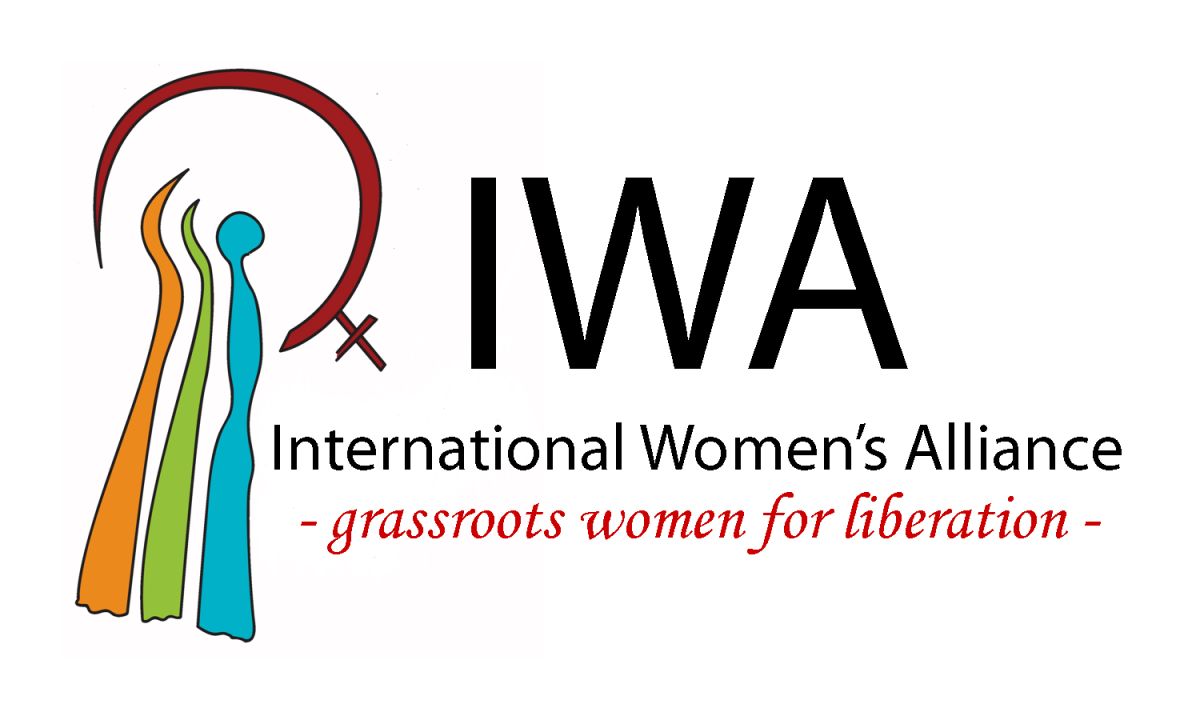
The International Women’s Alliance (IWA) is a global alliance of militant grassroots-based women’s organisation, institution, alliances, networks and individuals committed to advance national and social
We – the civil society organizations and social movements who have responded to the call of the United Nations General Assembly to participate in the
Thousands have already signed in agreement with the call from Pacific Islanders, which demands action on climate change from the world’s leaders. Every voice counts
On nearly all counts, the Lima outcome amounts to a major step-back on the climate negotiations so far. Even by the dilute standards of the Kyoto Protocol, the draft agreement is unambitious, offers no regulatory framework for what is supposed to be a “binding” climate agreement, and completes a process that blurs the distinction between global north and south.
The People’s Climate March in Lima, Peru, now touted as being the ‘largest march in Lima’ in a long time, was participated in by a diverse group of indigenous peoples, workers, women, farmers, youth, elderly, faith communities, together with representatives of non-government organizations to urge ministers to forge a just deal that actually addresses the root causes of runaway climate change, and upholds the principle of ‘common but differentiated responsibilities’ (CBDR).
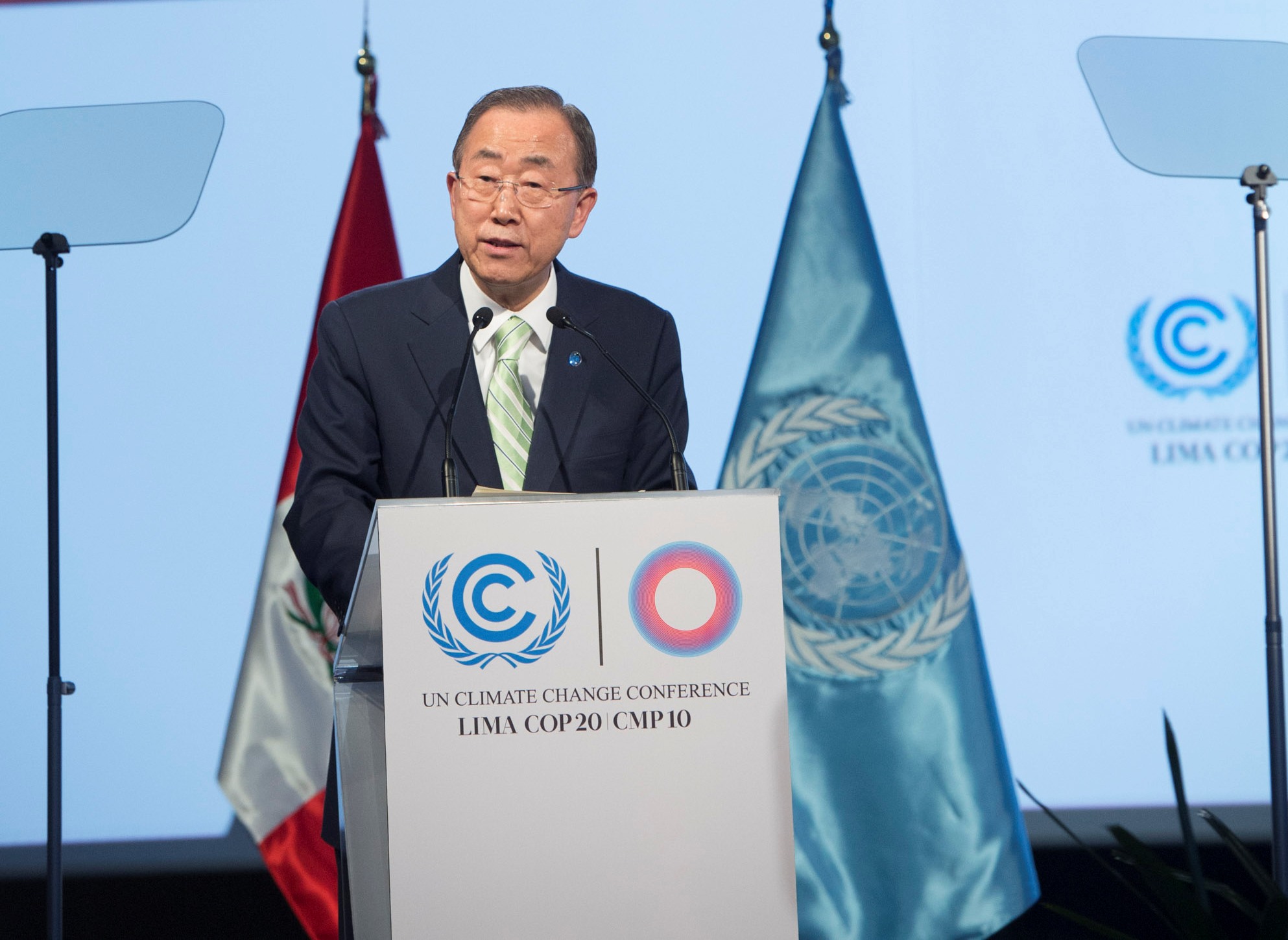
At the ongoing COP 20 in Lima, Peru, civil society stresses that a successful outcome in Lima would mean going to the roots of the climate problem – which means developed countries acknowledging responsibility and compensating for centuries of colonialism and resource plunder, and ceasing to continue this legacy through unequal trade agreements, foreign investment promotion especially on extractives and dirty energy, in collusion with corporations and governments from developing countries.
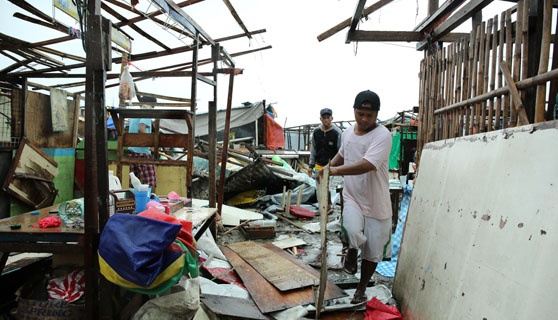
As we have done in the face of Haiyan’s destruction last year, IBON International again calls on our global partners, networks, civil society groups, and friends to raise the necessary funds and resources to be delivered to the most disaster-affected areas, towards their urgent relief and rehabilitation.
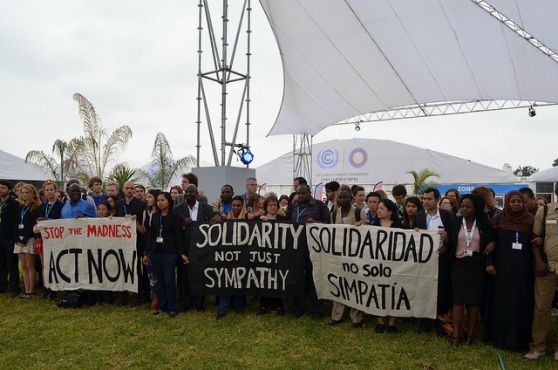
An action that took the COP by ‘surprise’ was when a group of civil society delegates stormed a corporate side event that promotes carbon capture and storage, a false solution to climate change that furthers corporate interests.
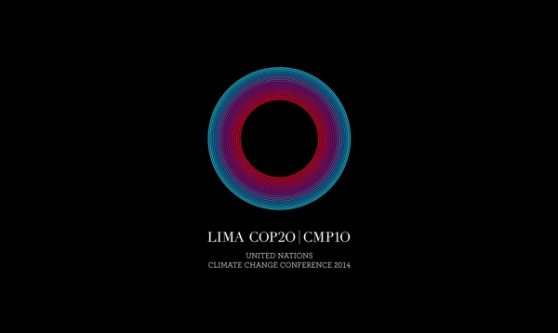
COP 20 of UNFCCC is taking place from December 1 to 12 in Lima, Peru. Expectations are high that this year’s Climate Summit will make significant inroads to bring the Parties to agree on a draft text to be negotiated and agreed on in Paris in 2015, and which will inform the international community’s response to the increasing urgency for climate action. More pressure than ever before rests on this COP ending with a meaningful outcome, and the host government Peru stressed this message at the opening of COP 20 in saying that ‘success in Lima will determine success in Paris.’ But what is really at stake here? What does a ‘successful outcome’ actually mean for the different actors in this intergovernmental process?
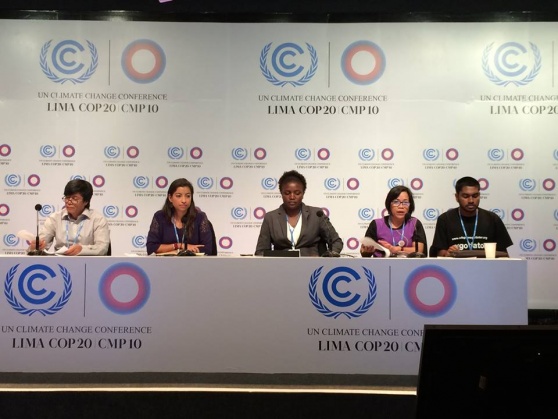
IBON representative moderates press briefer entitled “Expectation from COP 20 in view of most vulnerable communities and least developed countries interest: a civil society perspective”
The Third Annual United Nations Forum on Business and Human Rights, taking place from 1-3 December 2014 in Geneva, faces a tide of global crises stemming from states’ failure to ensure the protection and respect for human rights.